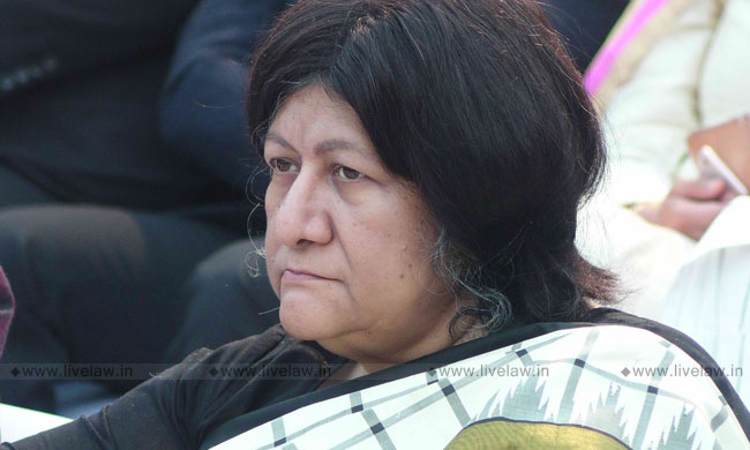"We Must Ensure That There Is Equitable Distribution Of COVID19 Vaccine": Justice Indira Banerjee
Mehal Jain
13 Dec 2020 8:10 PM IST

Next Story
13 Dec 2020 8:10 PM IST
"We must ensure that there is equitable distribution of the COVID vaccine, that the benefits of the vaccine are not just confined to the affluent countries but also extended to the less-developed in the underdeveloped countries", Justice Indira Banerjee expressed on Friday.The Supreme Court judge was speaking at a webinar on "World Human Rights Day" organised by St. Thomas College of Law...
